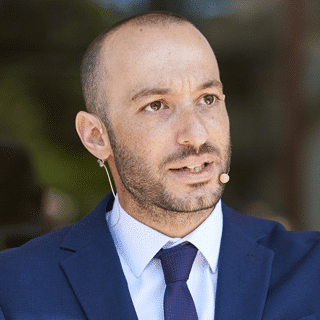The BSc in International Relations and Security (Conventional) offers students the opportunity to acquire extensive and in-depth knowledge about a wide range of issues related to the development of international affairs and its security implications. Theory and practice of international relations and diplomacy, international organization and international law, security, and strategic studies, as well as politics and economics, constitute the hard core of the Program’s content.
The Programme aims at providing students with a critical and interdisciplinary rigorous understanding of international relations and politics, and of conflict and security issues, globally and regionally across the world. It focuses particularly on recent and contemporary processes, trends, and problems, examining efforts to respond to international and regional challenges in the spheres of policy and practice. The Programme combines in-depth academic training in key concepts, theories, and case studies alongside a structured process of engagement with contemporary debates and experience.
Graduates of the program are expected to have a thorough understanding of international political, security, and economic issues, which will enable them to pursue careers in the diplomatic corps, in international organizations, in NGOs, as well as in both the public and the private sector as policy and security advisors.


















